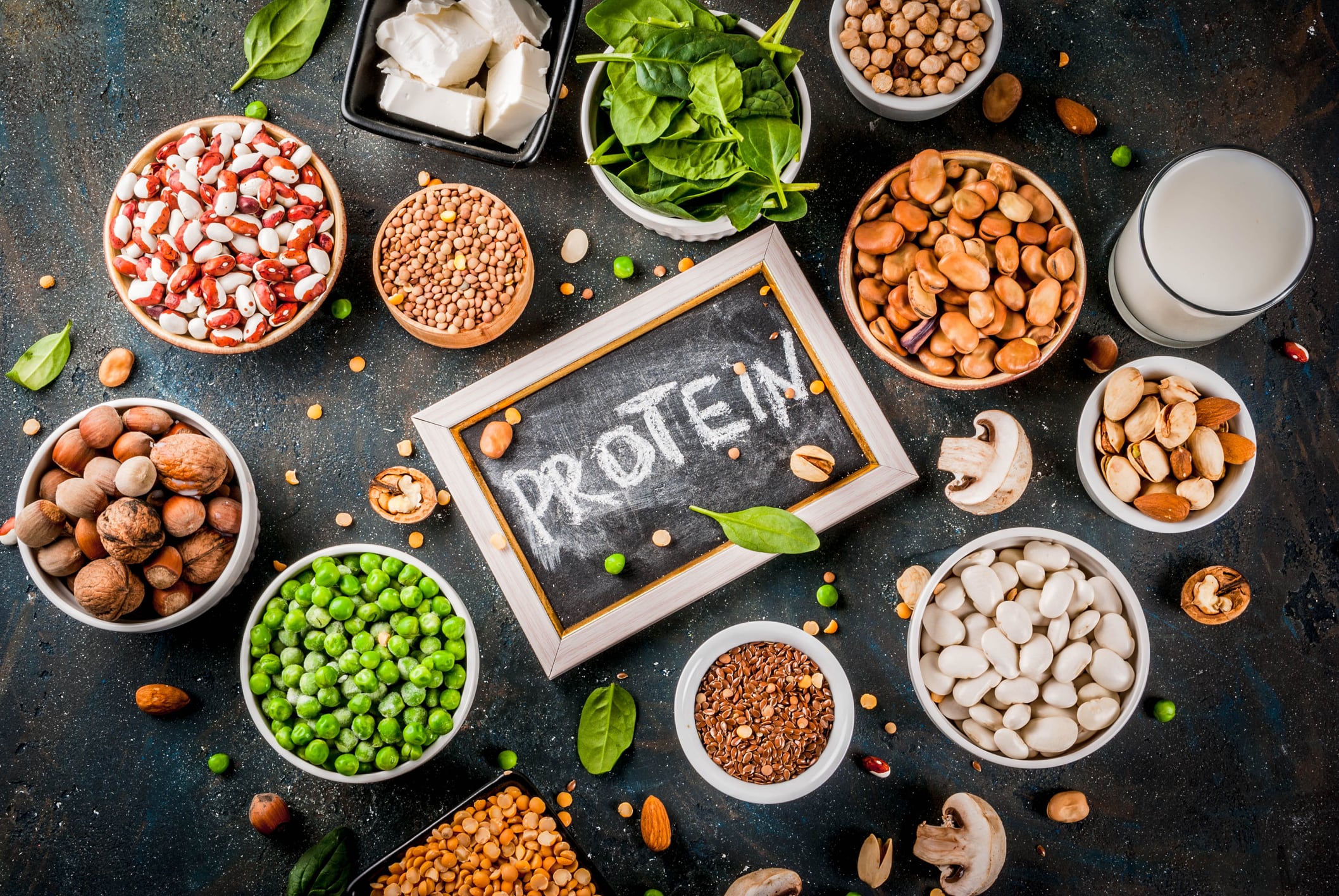
Healthy, familiar, accessible: Making alternative protein more scalable
From mung bean snacks to microalgae desserts, familiar and healthier formats are emerging as key levers to help alternative protein firms scale
News & Analysis on Food & Beverage Development & Technology

From mung bean snacks to microalgae desserts, familiar and healthier formats are emerging as key levers to help alternative protein firms scale
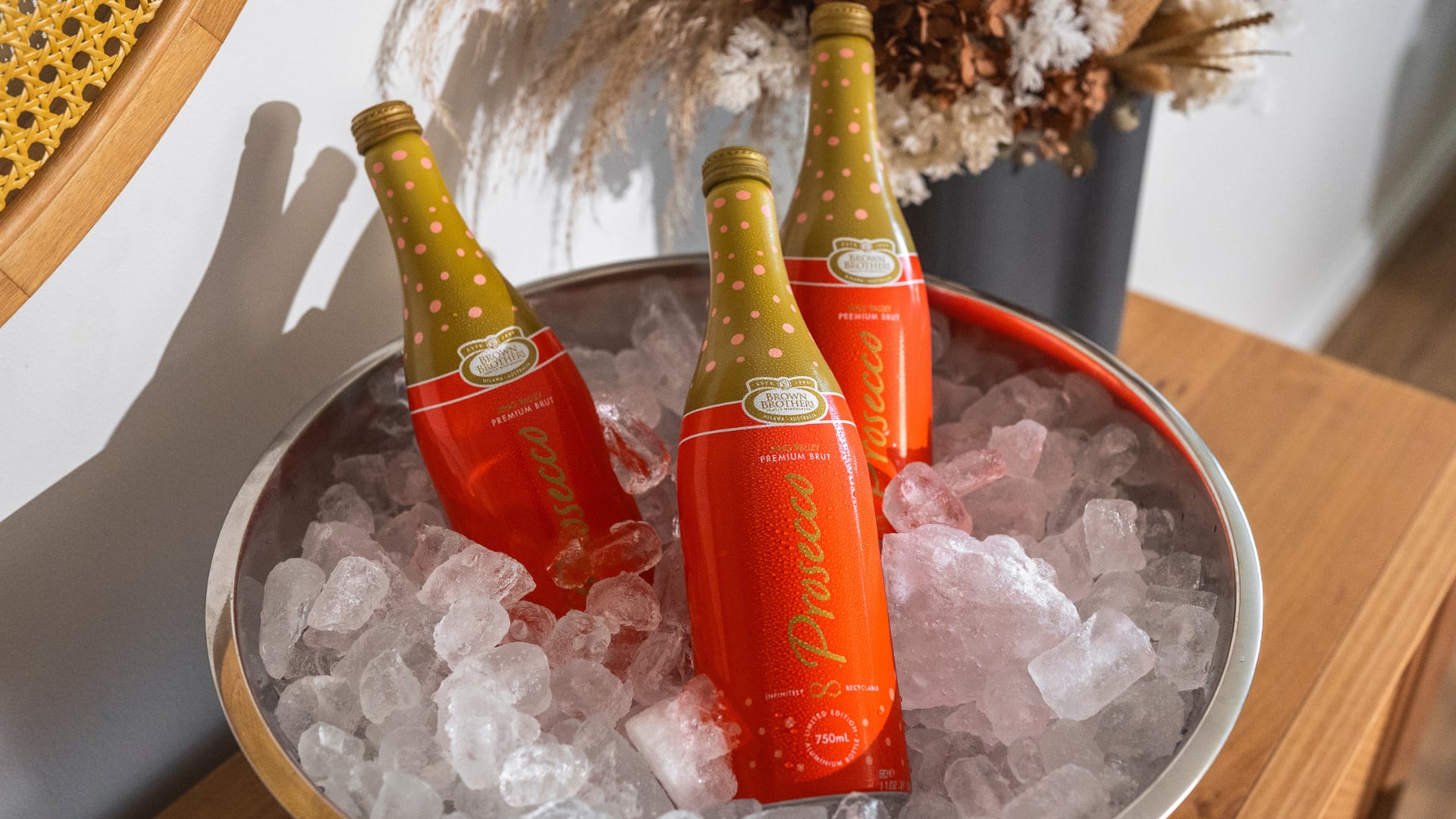
Australian heritage brand Brown Brothers focuses on sustainable convenience with its novel aluminium prosecco bottle
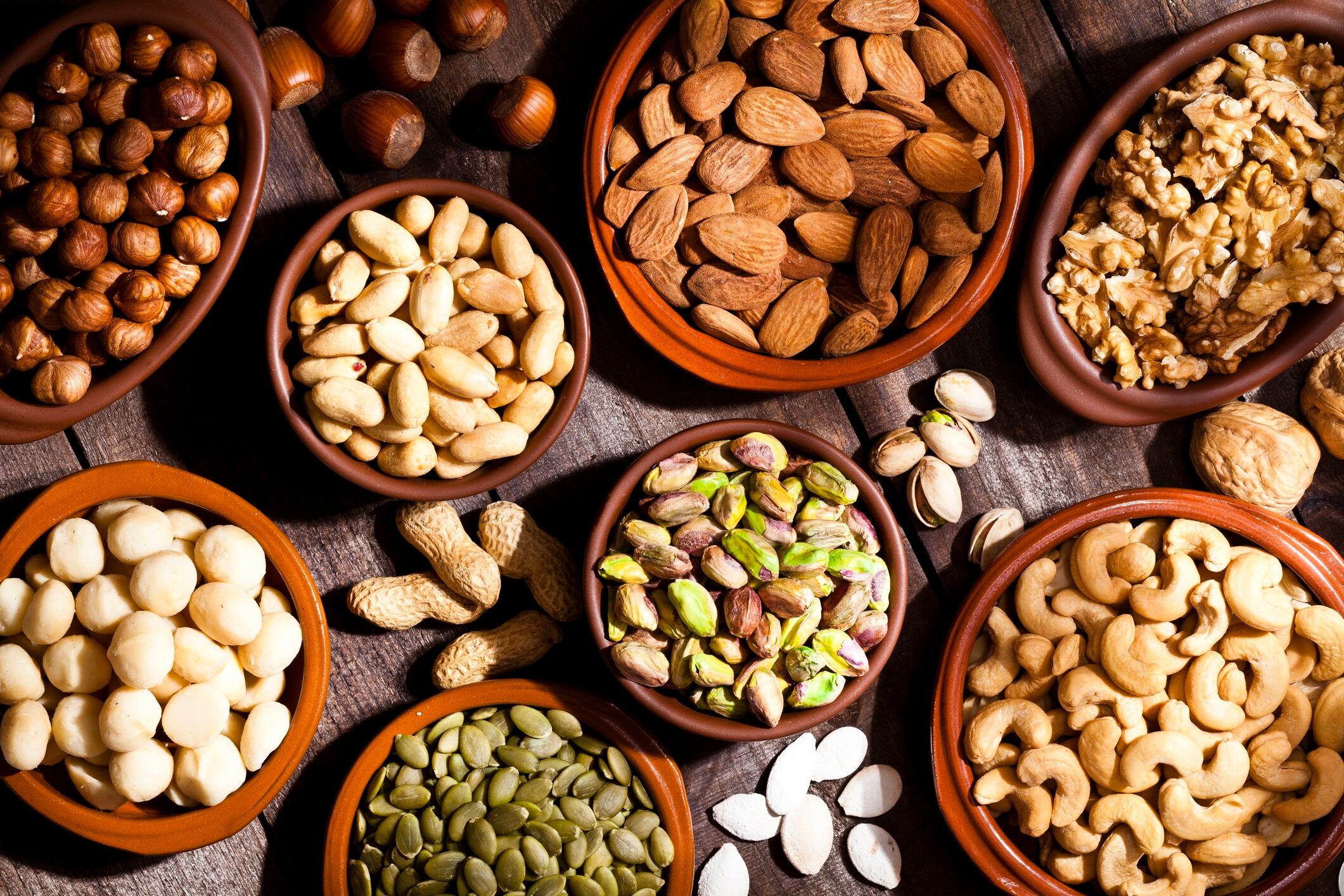
Japan is introducing stricter nut allergy controls to address rising cases, based on new government data showing increased public health concerns linked to this category
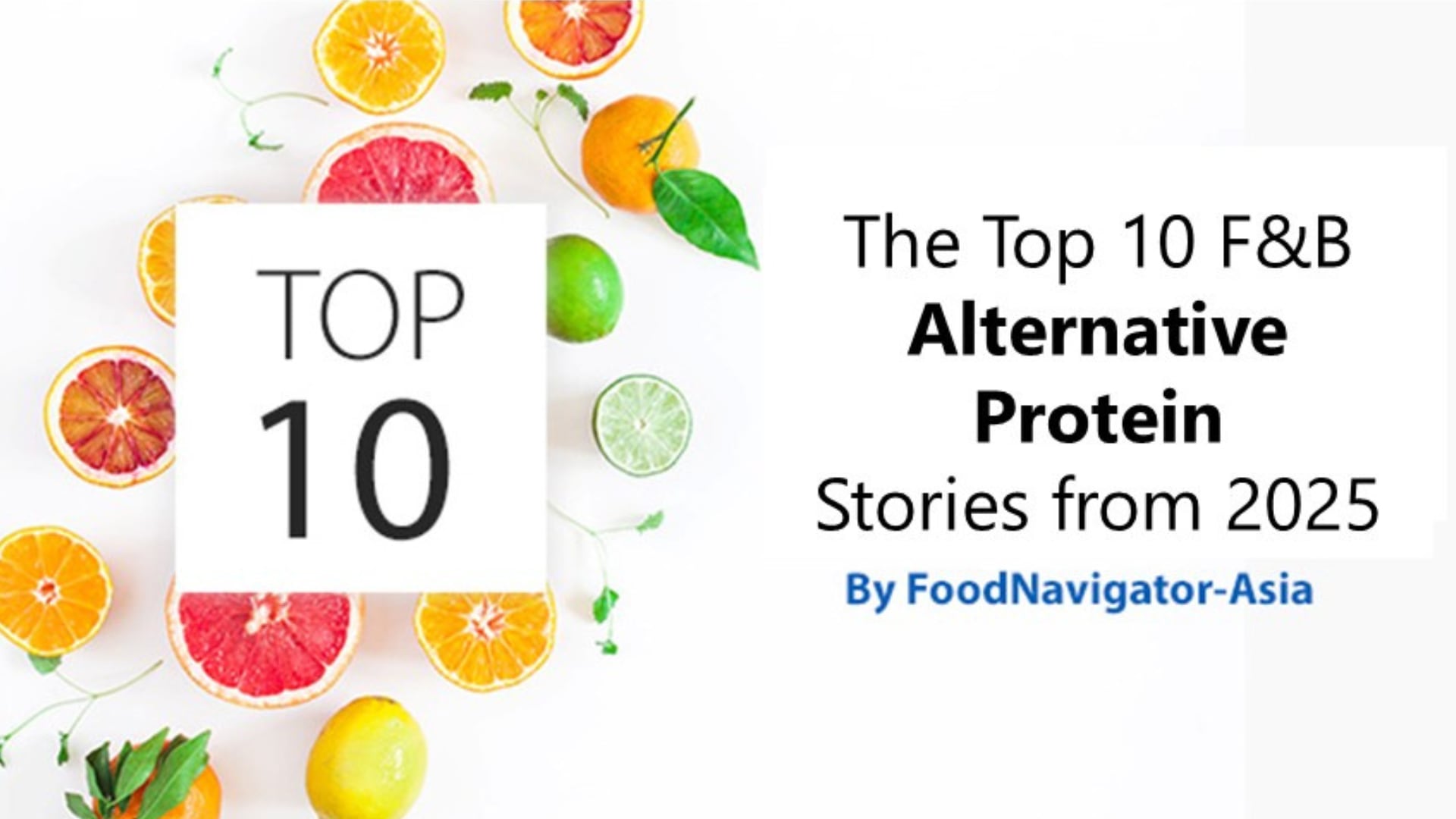
We reveal the top 10 most popular alt protein stories from this year, from leaf-powered protein to cultivated seafood and more

Coffee creamers are outperforming much of the dairy aisle – and new products keep pouring in. Where is the category headed?

Halal harmonisation, Saudi Nutri-Score and more feature in this edition of Middle East Focus

The Middle Eastern food industry is booming, with billions of dollars of growth expected over the next decade
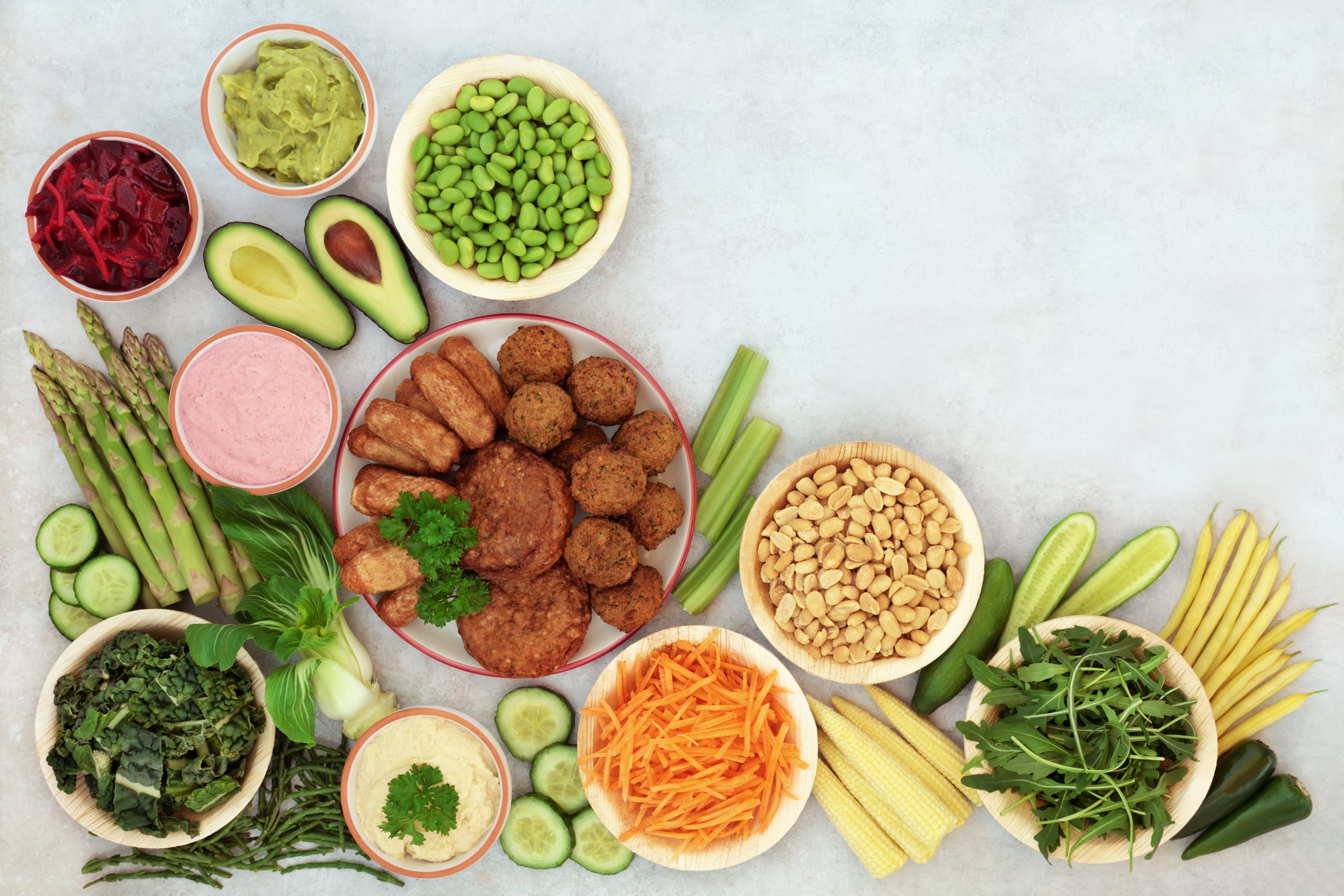
Why is Asia so slow to embrace alternative proteins despite its great protein needs? A new report uncovers the main roadblocks and drivers to overcome these

Brands are embracing connected packaging, using youth-focused, gamified strategies in Asia Pacific and the Middle East

Hybrid meat and dairy strategies are evolving in four key ways
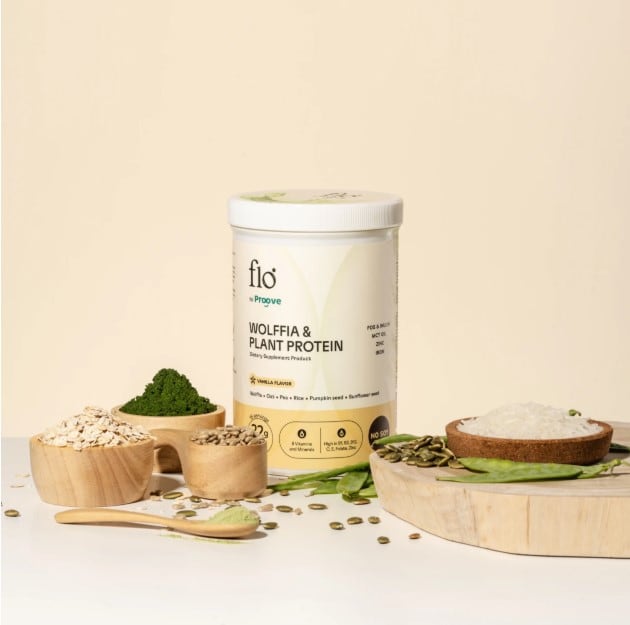
Thai brand Flo turns local superfood wolffia into protein drinks and flavour enhancers, tapping global demand for convenient, healthy foods

New UAE data has shown excess salt consumption and poor vitamin D levels, findings set to guide national reformulation and health initiatives

Amid the many uncertainties and changes seen by the food industry, we believe these three emerging categories have the potential to drive major change in the coming year

From Modi’s anti-obesity campaign to regulatory news and start-up innovations, we feature the top 10 most-read India stories from the past year

From cheese bites to RTD beverages, dairy is primed for success in the healthy snacking space

China promotes tea and navel oranges in its latest round of belt and road initiatives to boost rural economies in days leading up to the festive season
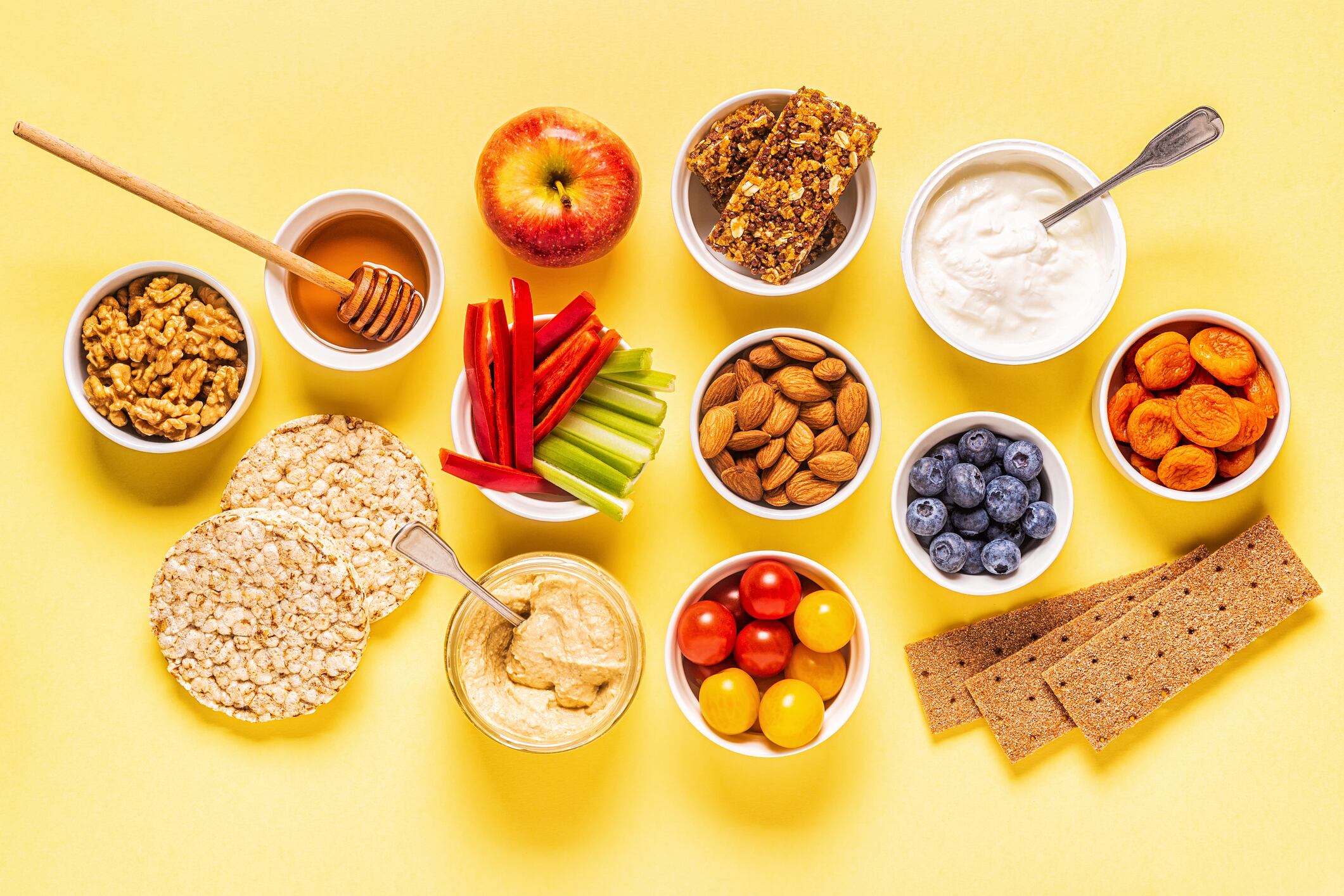
Sentimentality and health are increasingly influencing consumer snack choices, as they seek comfort, tradition and emotional connection in their purchases
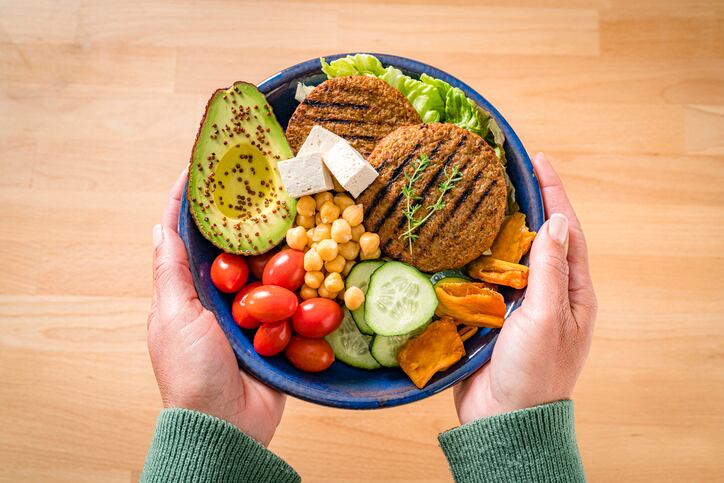
The new grant, powered by the Bezos Earth Fund and the Singapore government, aims to advance the development of Sustainable Protein in the region, supporting innovators to accelerate their products’ to-market entry

PepsiCo zero-sugar, Korean citrus and more feature in this edition of Healthier Choices

Protein Industries Canada (PIC) and Singapore’s Nurasa are working to grow Canadian plant-based exports in APAC to diversify trade beyond the United States
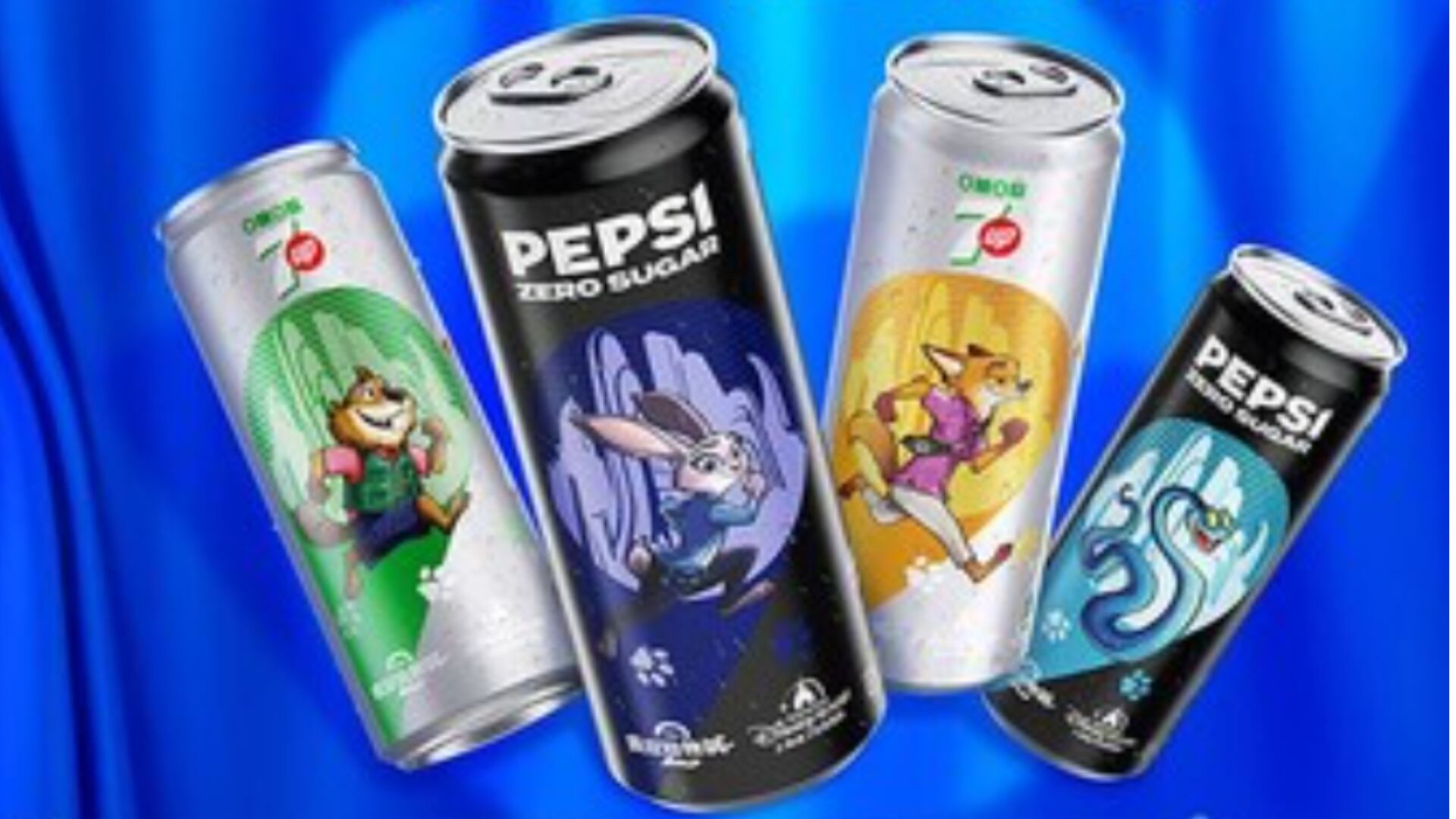
Pepsico launches zero-sugar beverages in limited edition Zootopia cans across China, after claiming victory over zero-sugar Coke in the 2025 Pepsi Challenge

A bakery & snacks survival guide for 2026
Crunch isn’t enough anymore. In 2026, texture becomes the main event, not the supporting act

See our top 10 most-read science, research and technology stories from this year, featuring ‘Nobel Prize-worthy’ theabrownin, Meiji protein study, cell-cultured coffee and more

From Indonesia’s all-out halal regulations to sodium policies spurring rapid reformulation and taxation changes affecting food company strategies, these are five regulatory and policy updates that are expected to have a major impact on the F&B sector in 2026

今回のBrand Newでは、PepsiCo GHAC、2025年トップ10ブランドニュース、Amazonなど、大手企業を特集しています。

今回はキリンの拡大計画、果物・野菜摂取不足に伴う健康リスクなどを取り上げています。
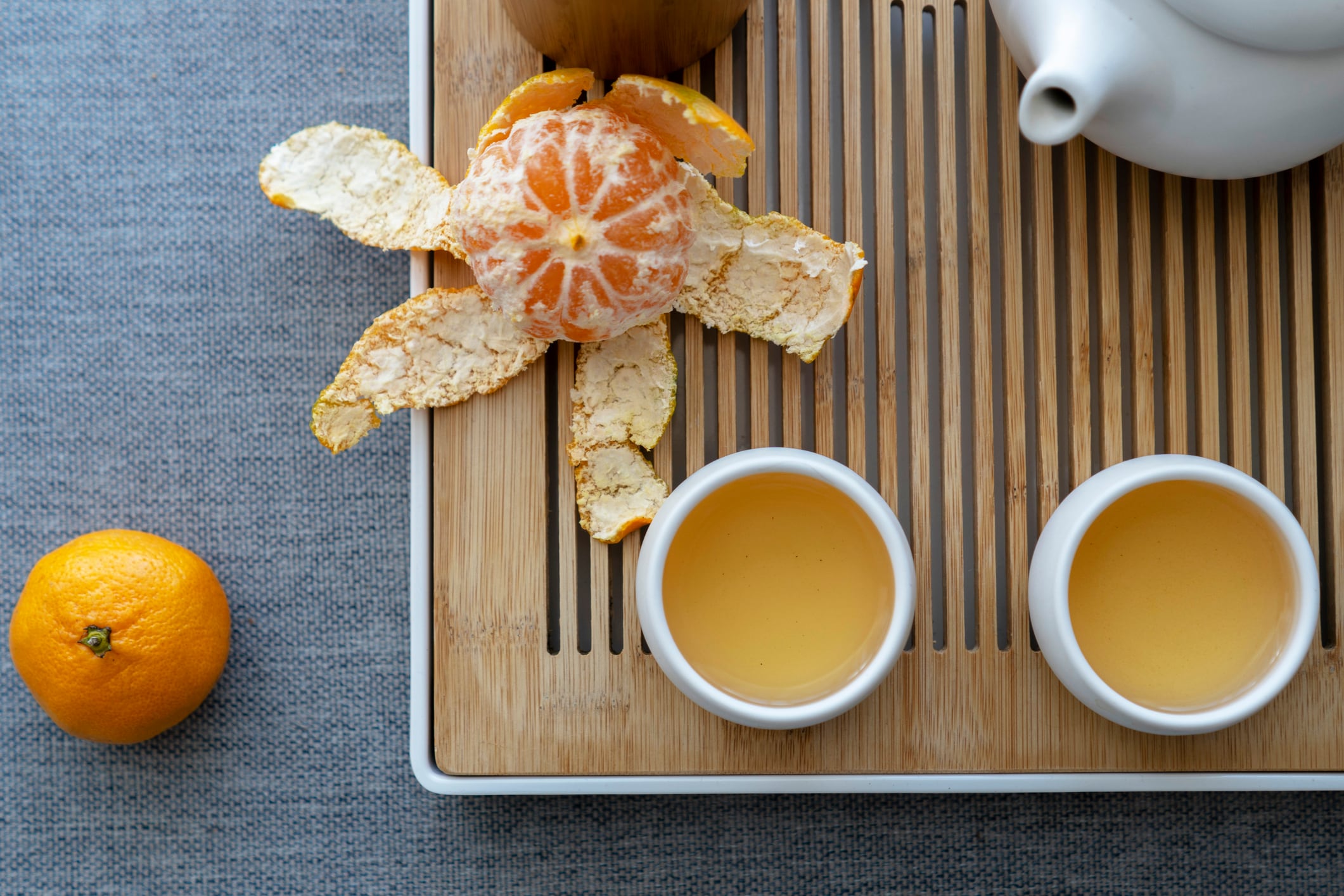
Korean ingredients firm Suchang is expanding its citrus-based business into Japan, developing mandarin peel products to tap rising wellness demand
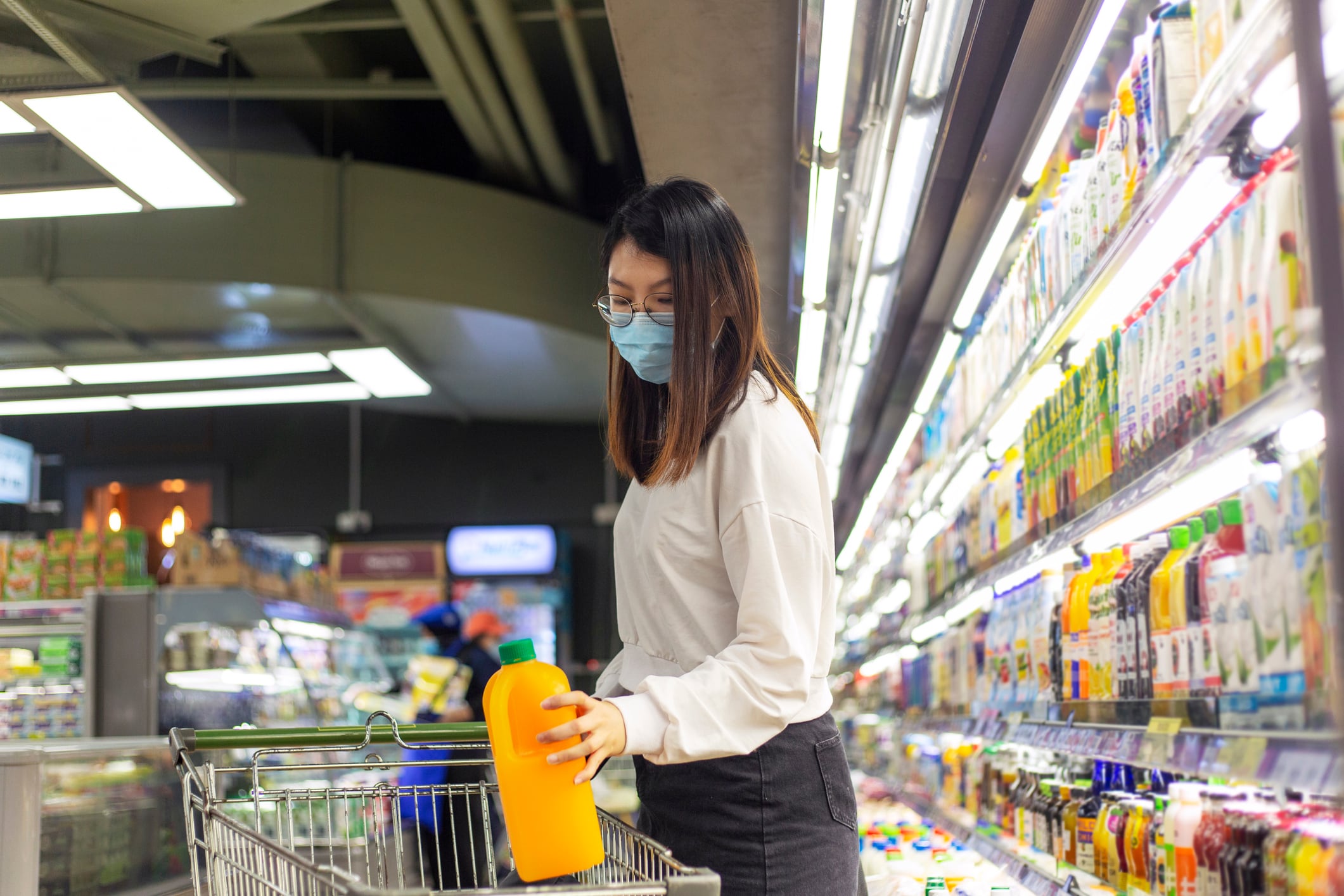
Here are our top 10 packaging stories featuring thermal strips on wine bottles, regulatory updates, sustainability challenges, and more
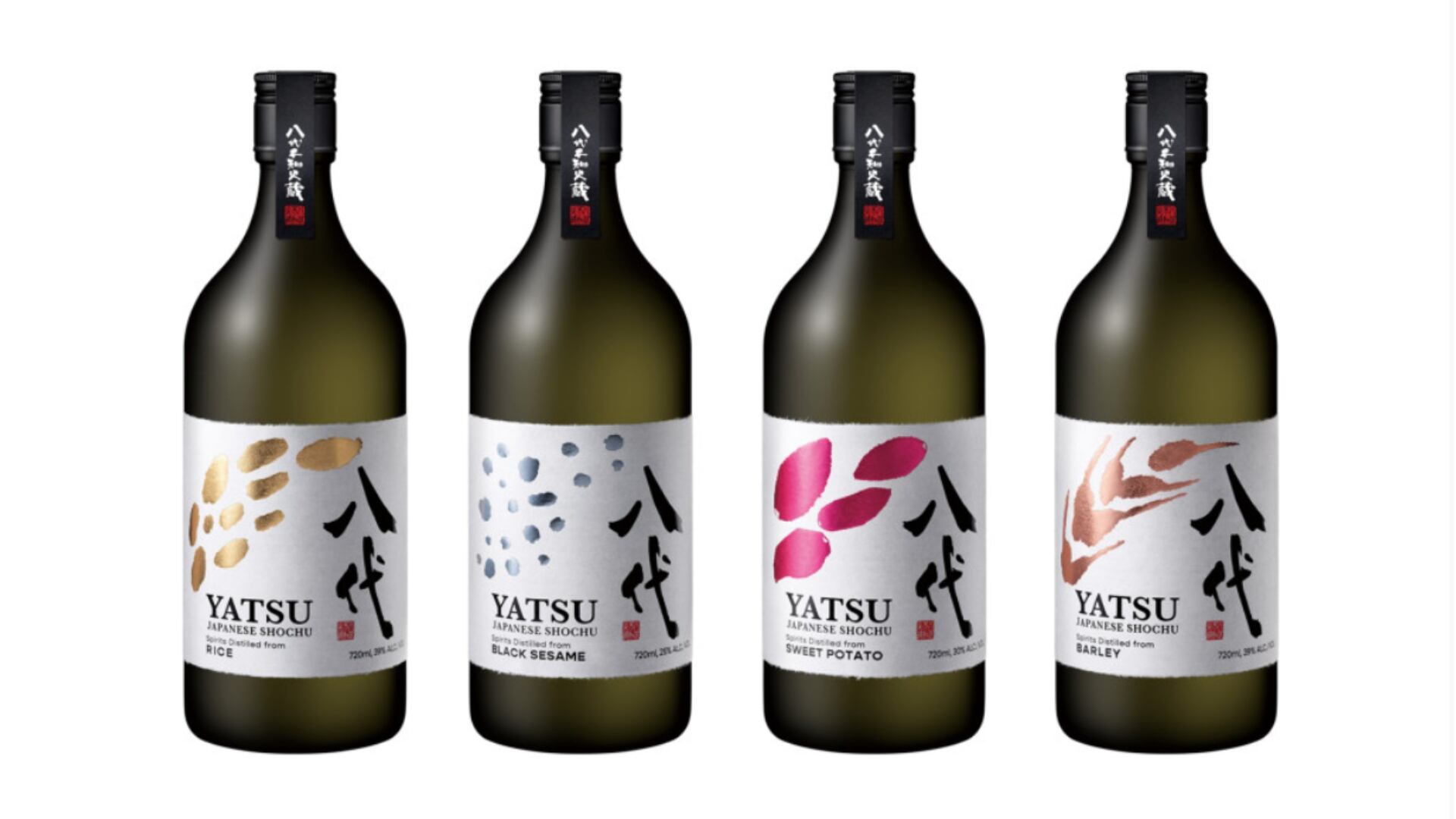
Kirin’s Mercian is expanding into the US and Thailand with craft gin and shochu, citing strong demand for Japanese spirits and growing interest in Japanese cuisine

The market reaction to Donald Trump’s dietary overhaul isn’t about kale versus cookies – it’s about whether Washington has finally decided the packaged food sector needs firmer rules, not friendlier guidance
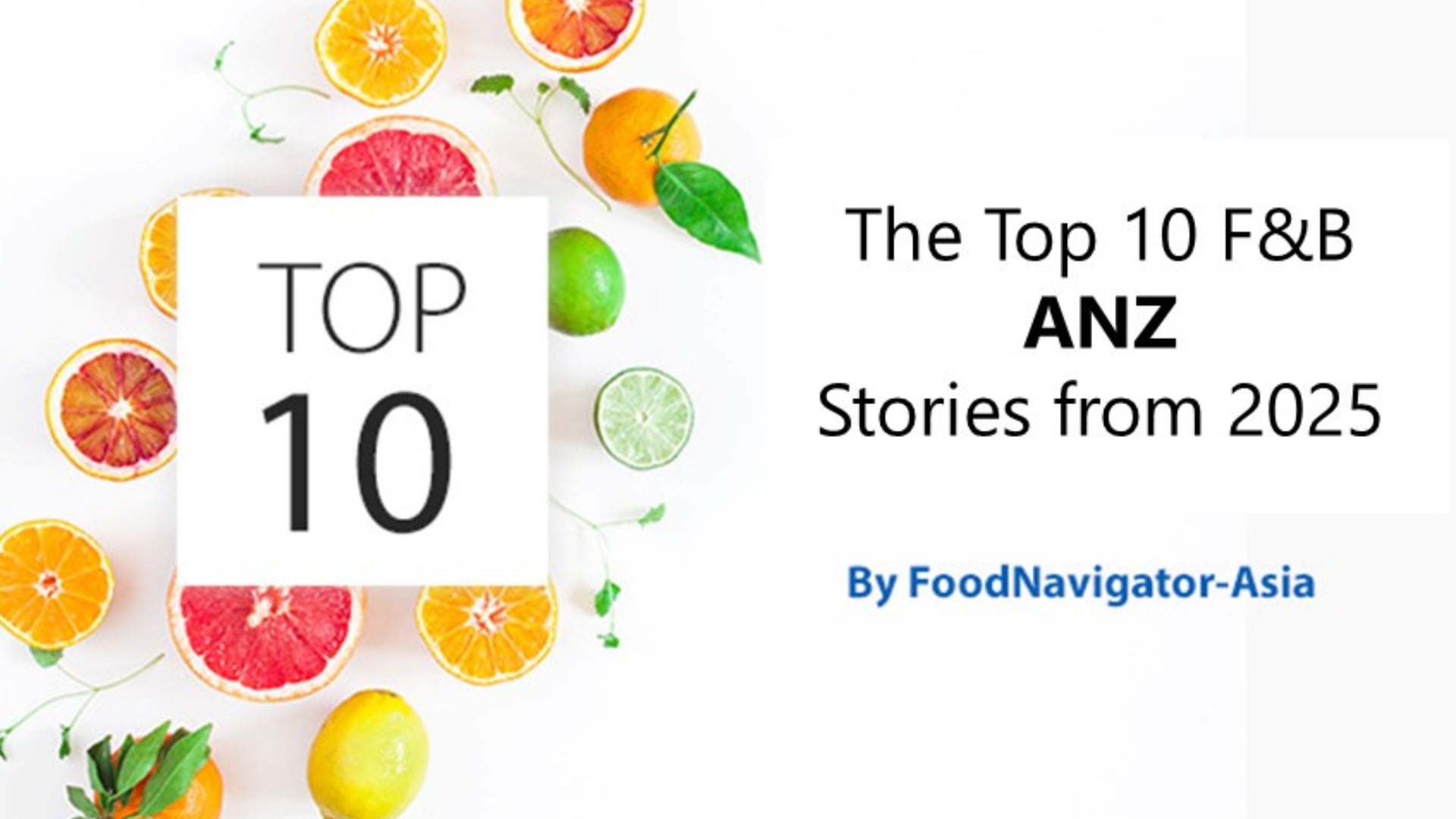
Here are our top 10 ANZ stories this year, with a spotlight on healthier and sustainable innovations, alternative proteins, regulatory updates, and more
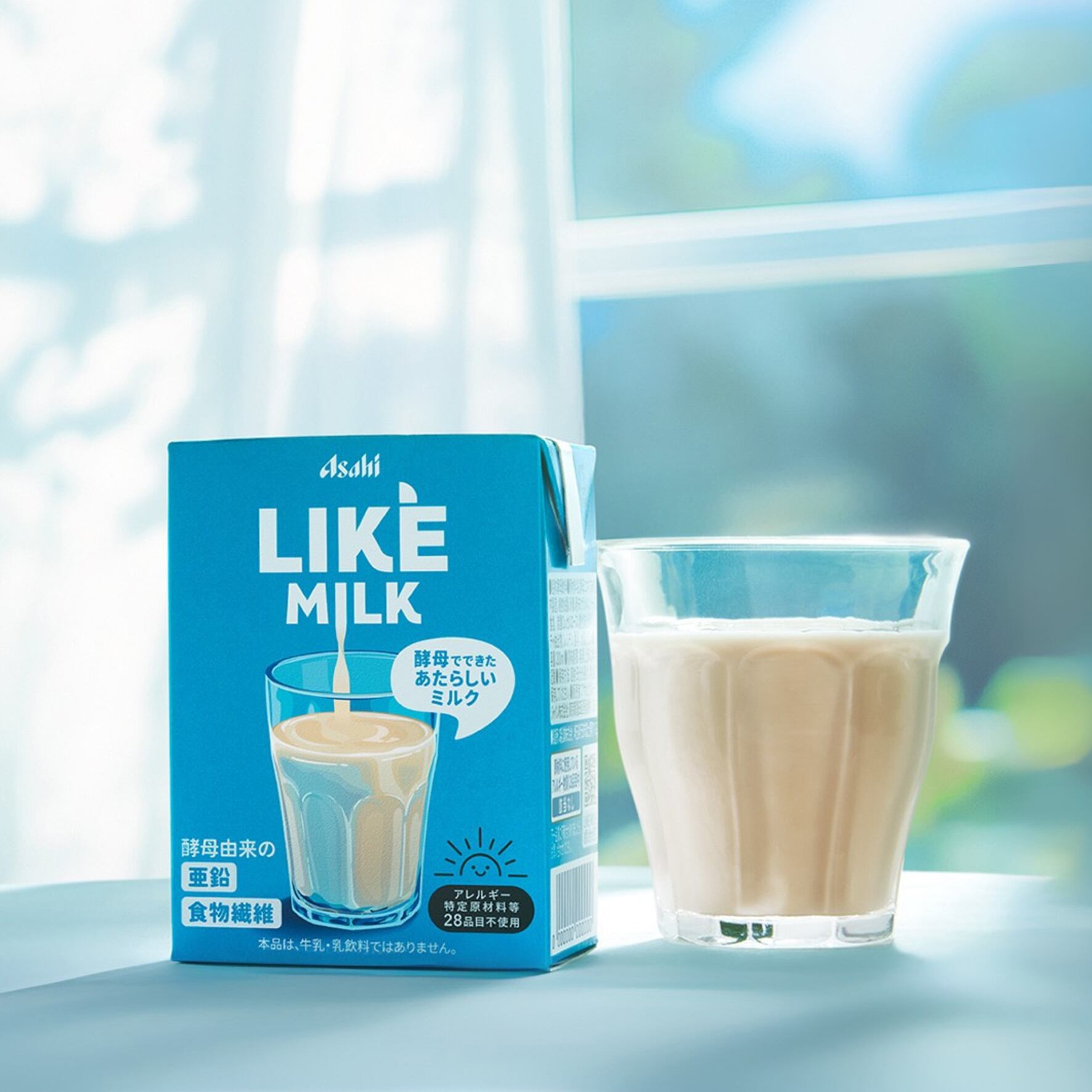
The maker of Asahi Super Dry released a unique plant-based drink – and took the Japanese market by storm
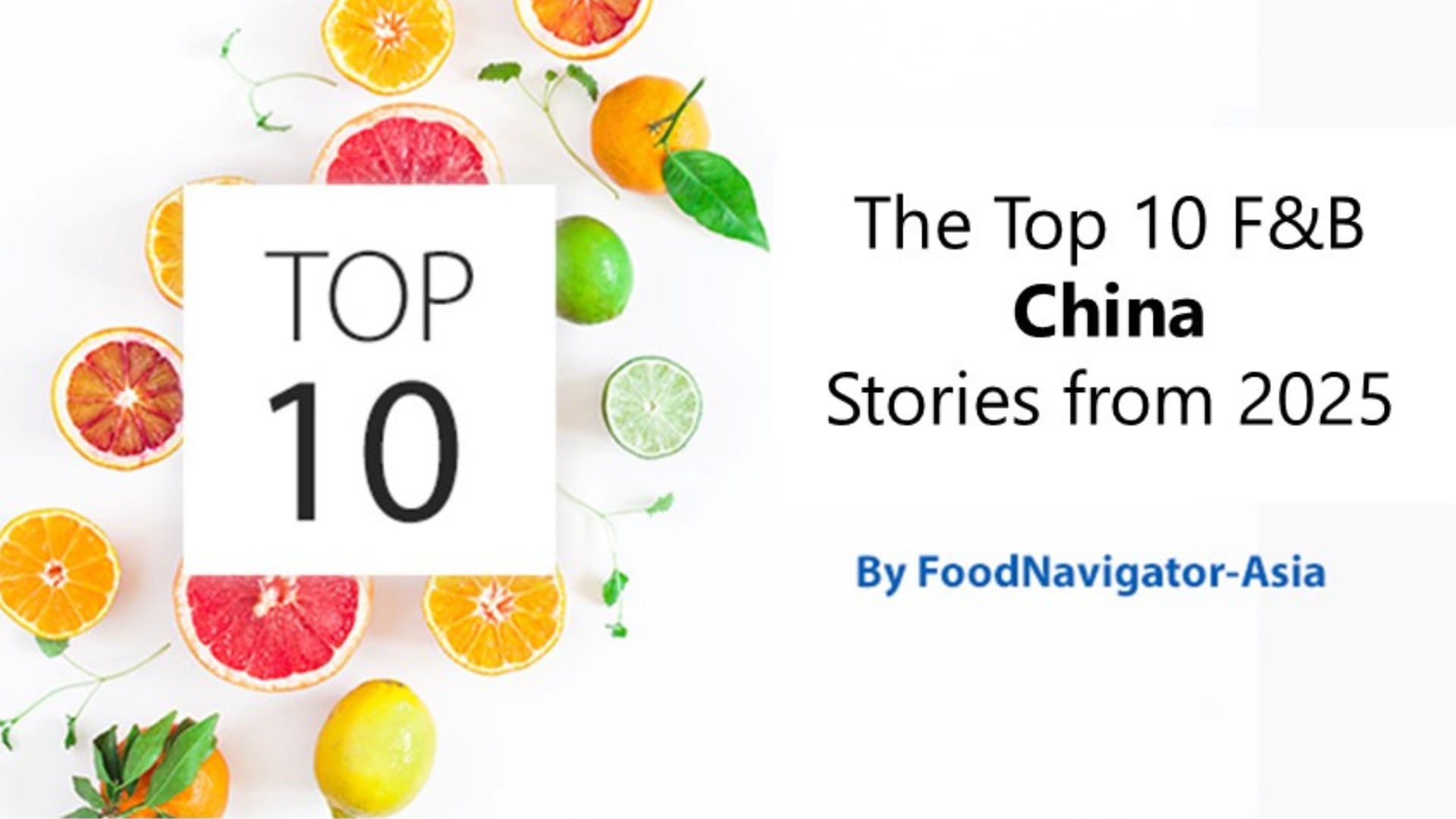
We highlight our top 10 most-read China stories from 2025, covering policy shifts, product innovation, and changing consumer demands

We explore how consumers are engaging in mindful spending and drawn to flavour innovations that balance taste and value
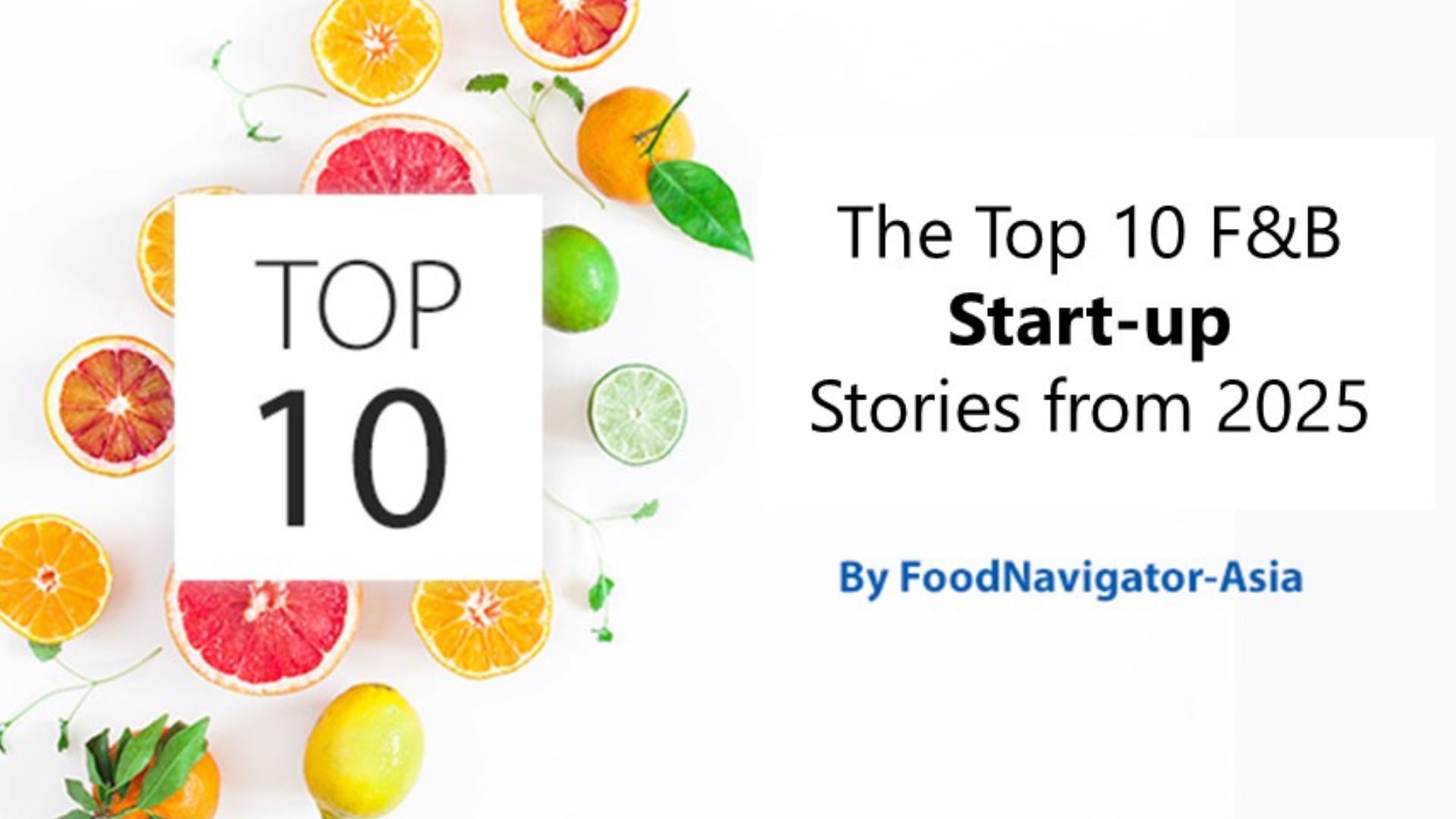
Here are our top 10 start-up stories of 2025, spanning innovations from mood-boosting candies and bean-free coffee to cultivated seafood and novel protein ingredients

We take a look at five of the most crucial APAC food & beverage trends redefining the industry in 2026, from localisation and AI driven-growth to new innovation directions

We reveal the top 10 Middle East food and beverage stories of 2025, including Saudi Arabia’s rapid market evolution, rising regional manufacturing investment and changing consumer demand
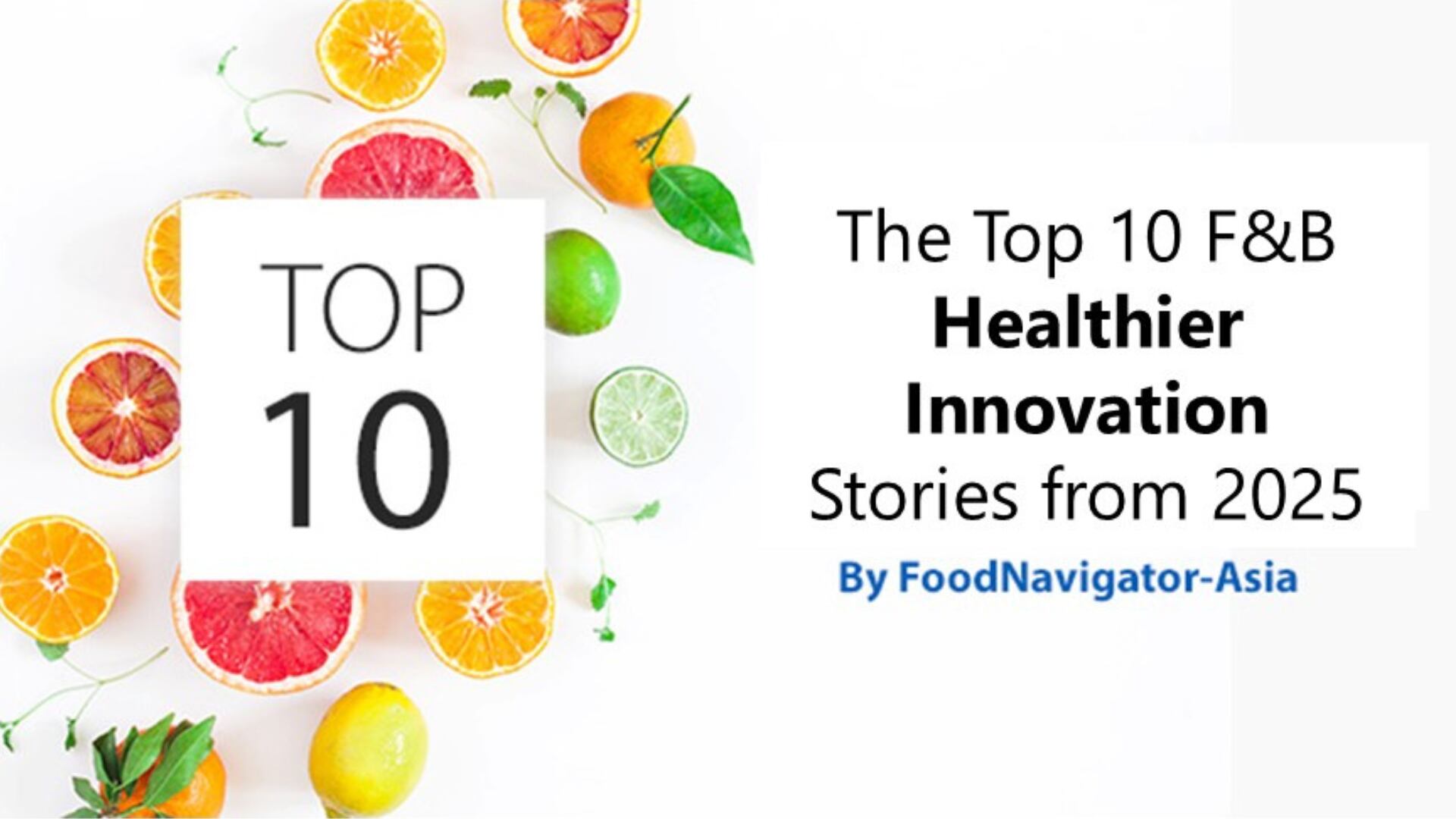
We reveal the top 10 healthier innovation stories of 2025, spanning functional ingredients, product reformulation, sugar and sodium reduction, and the growing focus on preventative health
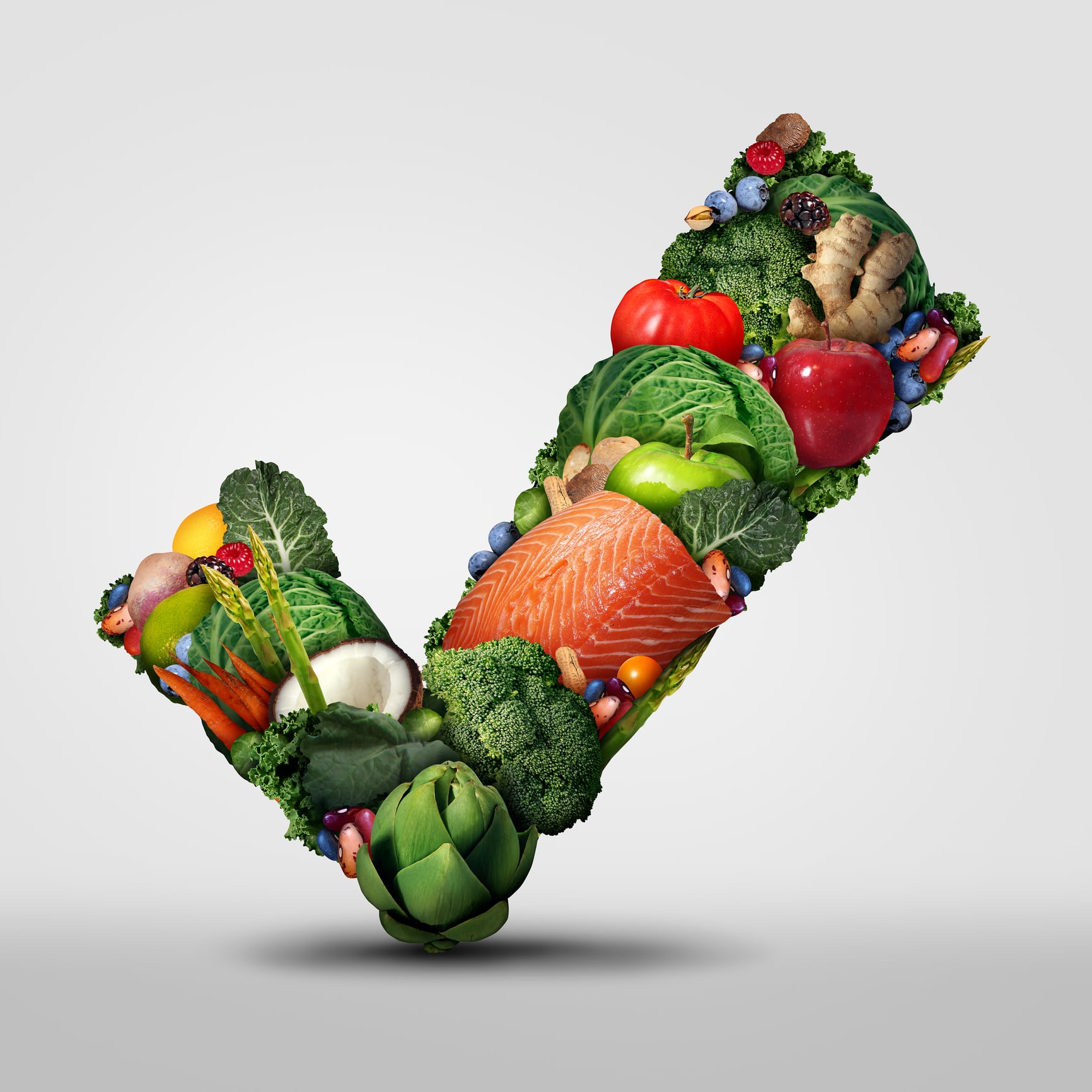
Vietnam plans to update dairy and alcohol regulations in line with ongoing national goals to improve local food safety compliance and public health
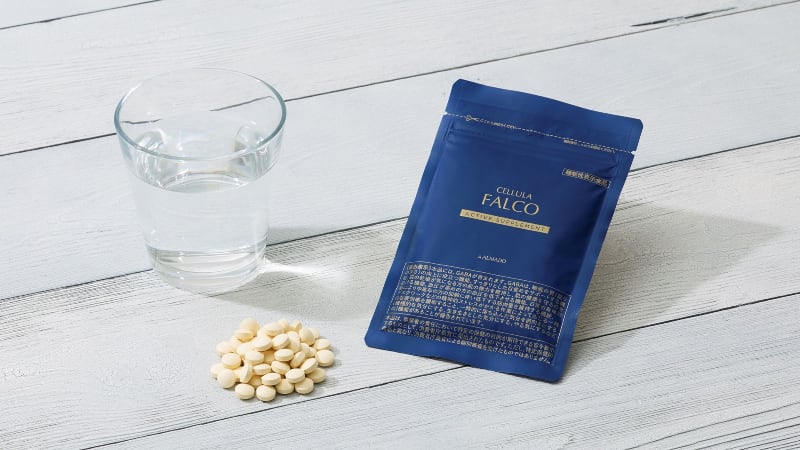
Fat reduction, fatigue, and gut health-related claims were the top three most popular indications for Foods with Function Claims (FFC) in Japan between April 2024 and March 2025.

The reigning APAC champion of PepsiCo’s Greenhouse Accelerator (GHAC), Beijing AIForce, has revealed major plans to expand across the region after taking home the main prize
From restructuring and demergers, to drug accusations and sex scandals, here are 10 of the most shocking and influential stories that shook the APAC food sector in 2025

Singapore-based Mottainai has created a brownie-flavoured lager in its journey towards upcycled products for wider commercial use
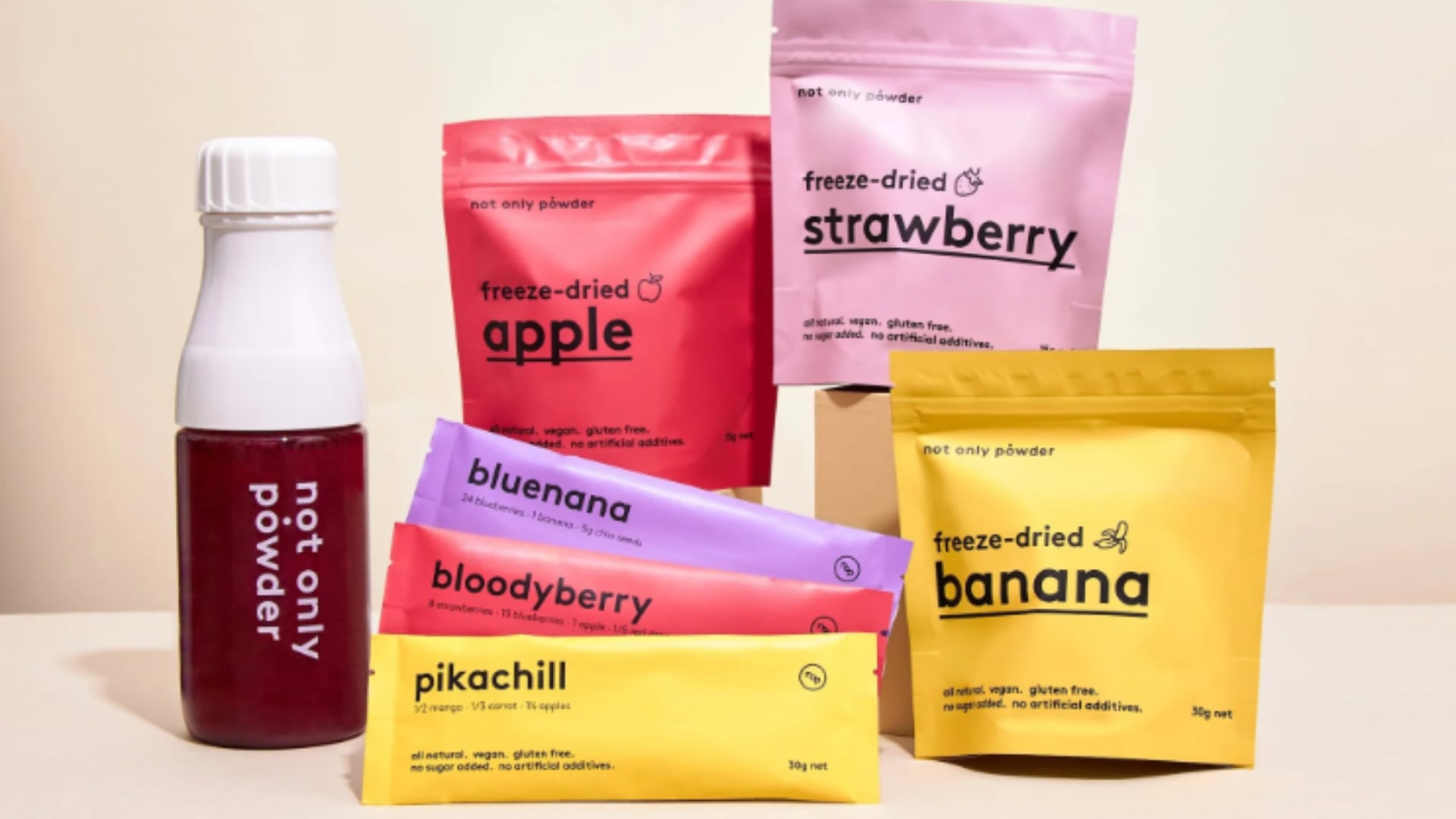
Hong Kong-based not only powder (nop) upcycles unwanted fruit into snacks, supplements and personal care products using freeze-drying and a social co-creation model
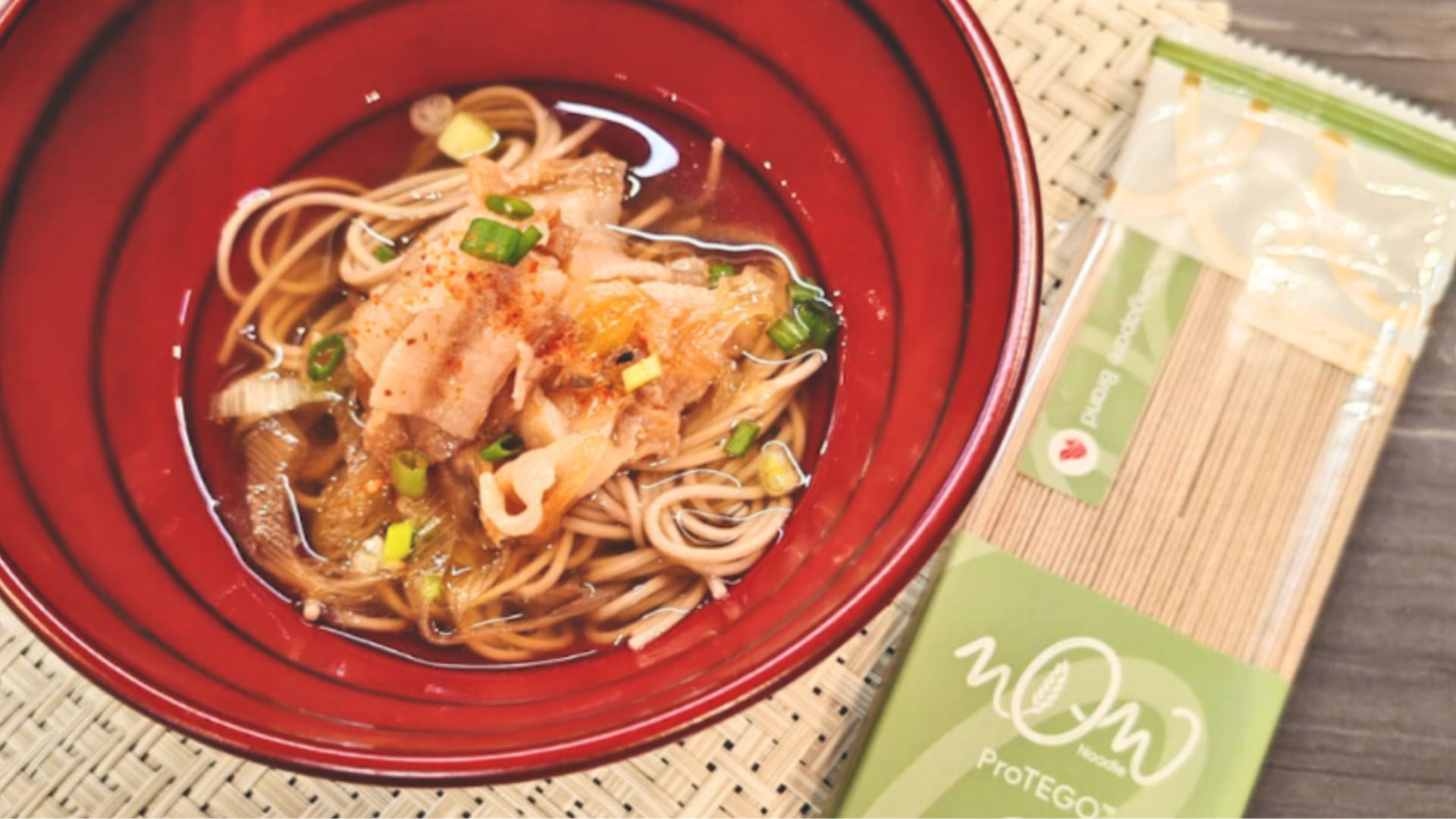
KosmodeHealth has turned peanut and sweet potato byproducts into low-GI noodles designed to deliver energy without sugar spikes
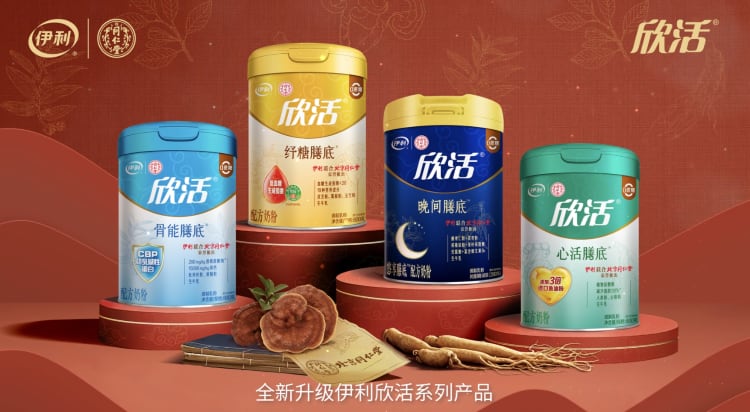
China dairy giant Yili is going beyond general milk products and infant nutrition needs by diving into healthy aging needs against the backdrop of a greying population and increased consumer interest in metabolic health.

Indonesia SME halal, global top 30 food-tech firms and more feature in this edition of Start-up Spotlight
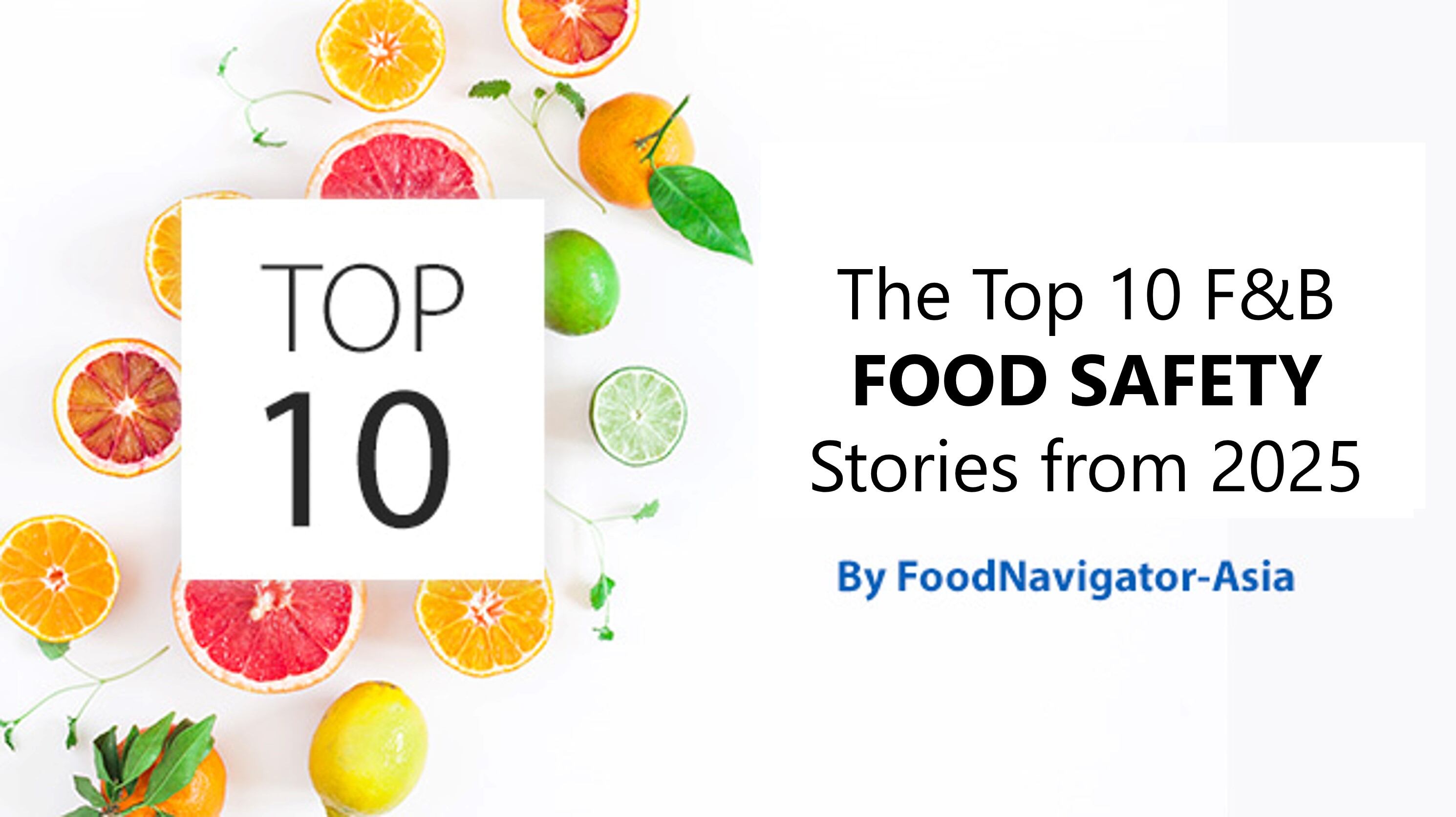
We reveal our top 10 food safety and security stories this year, featuring safety-driven regulatory changes, China’s pesticide woes, food fraud and more
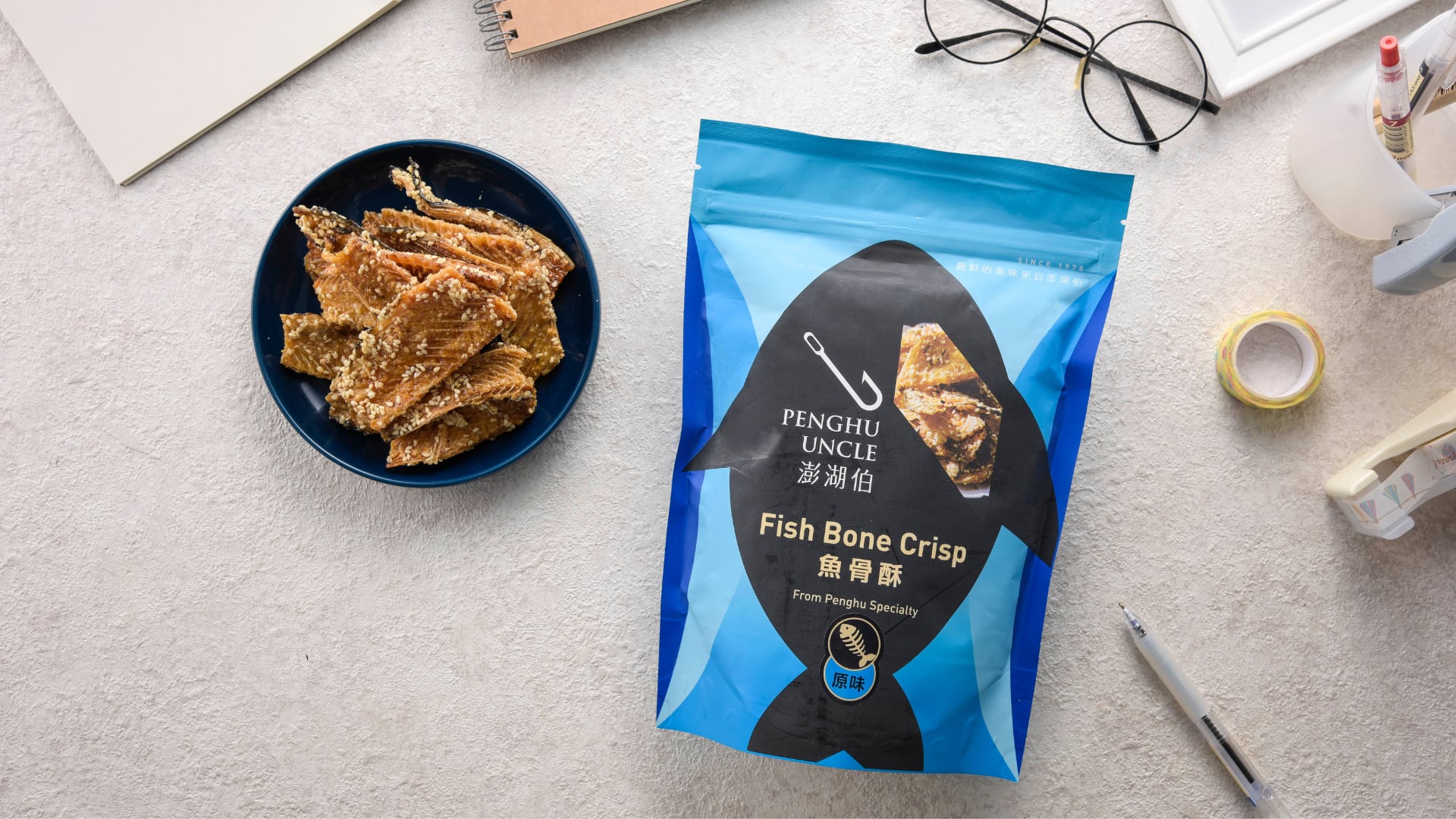
Kaohsiung Food Show 2025
Taiwan’s Penghu Uncle is transforming discarded fish skin and bones into savoury upcycled crisps with an eye on the ASEAN snack market
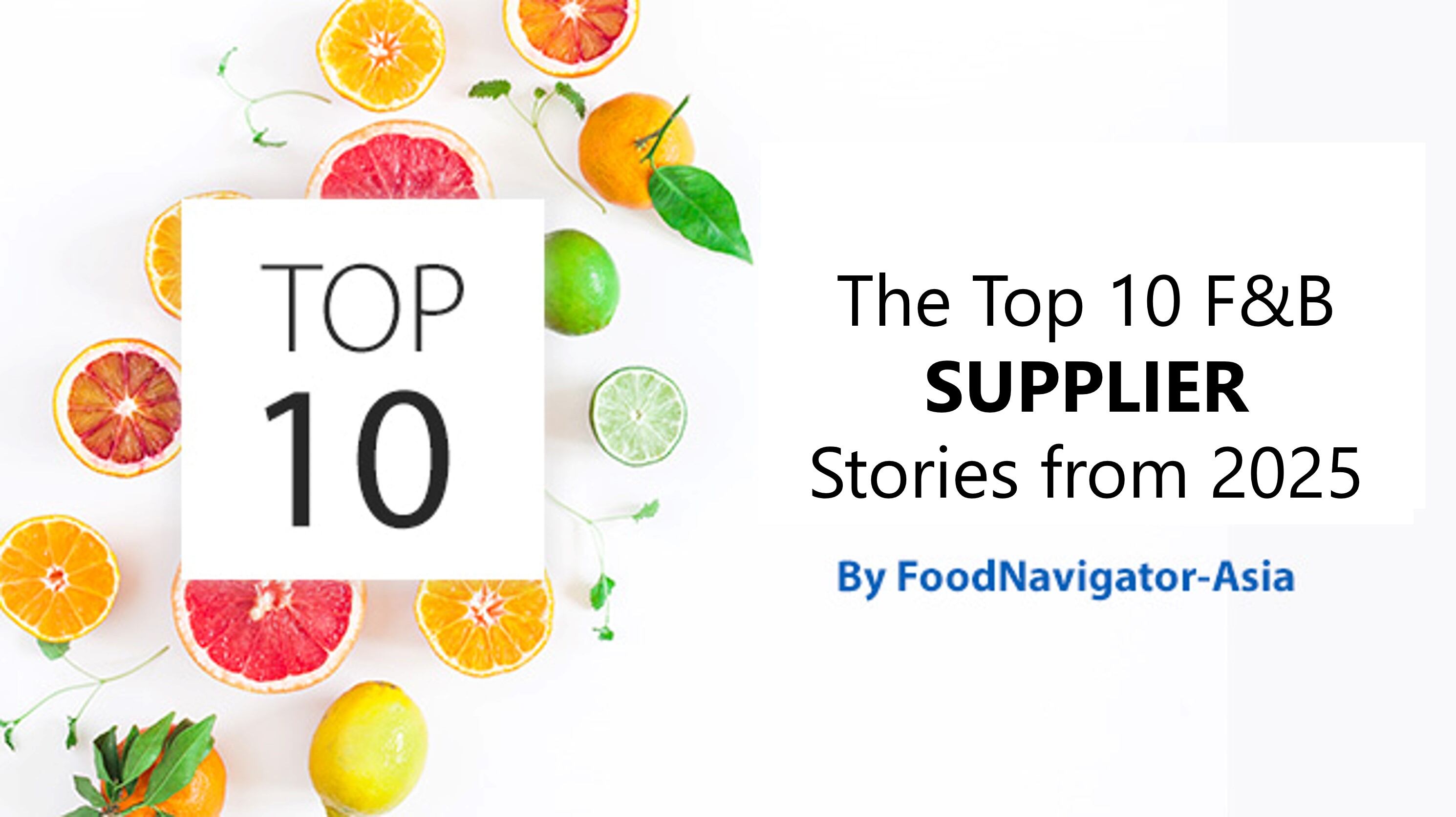
We bring you 2025’s top 10 most popular supplier stories from the APAC food industry, featuring Kerry, Cargill, McCormick and many more.